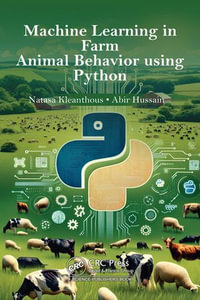Introduction to Agentic AI: Unlocking the Potential of Self-Improving AI Systems explores the evolution, architecture, and real-world applications of autonomous, adaptive, and self-improving AI agents. Unlike traditional AI models, Agentic AI systems exhibit autonomy, goal-driven behavior, and the ability to learn and optimize over time without human intervention.
The book begins by defining the core principles of Agentic AI, highlighting its distinction from conventional machine learning systems. It delves into key components such as cognitive architectures, decision-making frameworks, multi-agent collaboration, reinforcement learning, and memory management, explaining how AI agents perceive, reason, and adapt. Advanced techniques like hybrid AI architectures, self-optimization loops, and meta-learning are discussed in depth, demonstrating how AI agents continuously refine their capabilities.
Practical applications of Agentic AI are explored in healthcare, autonomous vehicles, finance, business automation, and multi-agent systems. The book examines real-world challenges, including AI alignment, security threats, ethical dilemmas, and regulatory compliance, ensuring responsible deployment of self-improving AI.
Finally, the book looks ahead to the future of AI, covering advancements toward Artificial General Intelligence (AGI), the role of explainable AI (XAI), and the emerging trends shaping next-generation AI systems. By offering technical insights, case studies, and strategic perspectives, this book provides a comprehensive guide for researchers, developers, and AI practitioners aiming to build intelligent, self-improving AI agents that drive real-world impact.
























